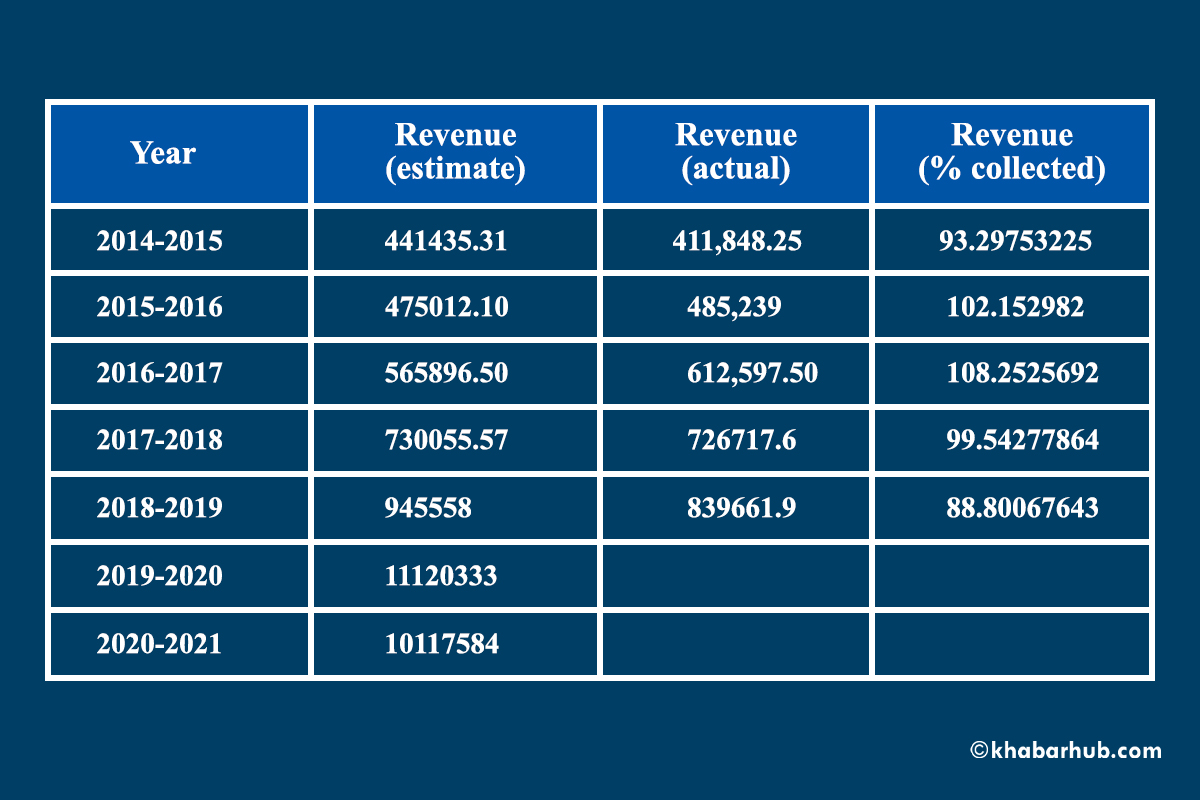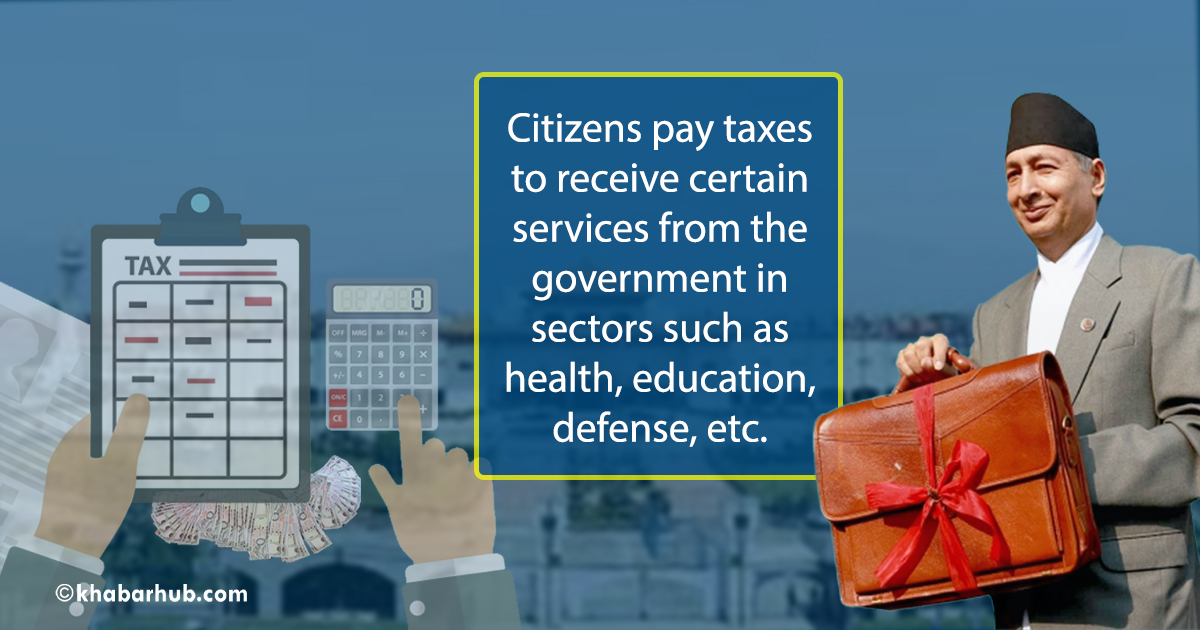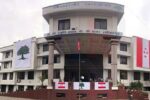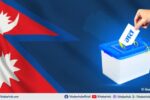The government generates revenue, primarily through the imposition of taxes, which then enables it to spend the revenue on the country’s development.
Income taxes, corporate taxes, indirect taxes, property taxes, vehicle taxes and foreign grants are the major sources of revenue. No one argues that government needs to generate revenue and collection of taxes is an acceptable and well established practice.
Are citizens happy to pay taxes?
Citizens of a country generally pay taxes to provide public services. The taxes that citizens pay are collected for expenditures that would be less efficient if they were to be provided privately (e.g. defense and other partially public expenditures such as health, sanitation, and education).
Citizens do not receive basic services and facilities of acceptable quality that they are supposed to get and expect from the government in exchange for their tax.
In other words, citizens pay taxes to receive certain services from the government in sectors such as health, education, defense, etc. Taxes also help redistribute wealth to overcome poverty and inequality.
Hence, it is citizen’s right to ask if they are getting the services for their tax rupees?
Education, health services, clean drinking water and sanitation, access to roads etc. are some of the basic services that citizens expect to receive from the government?
Regrettably, in Nepal, citizens do not receive such basic services and facilities of acceptable quality that they are supposed to get and expect from the government in exchange for their tax, and hence they become unhappy to pay the taxes but still commit to pay.
This Fiscal Year‘s Revenue Collection Target: Realistic?
This fiscal year’s budget (2077/2078) has proposed a target collection for both foreign grants as well as taxes. Nepal’s budget for the fiscal year 2077/2078 has set targets for revenue generation and at the same time has brought some changes in the tax rates.
The government of Nepal has set the revenue collection target of NPR 101.18 billion.
Furthermore, the government has set a target to collect NPR 60.52 billion from foreign grants, of which NPR 299.5 billion is from external debt and NPR 225 billion from domestic borrowing.

Every year the government endeavors to meet the set target for revenue collection. We looked at the revenue target for the previous 5 years (Table 1).
Looking at the available data, the government has achieved more than the targeted amount in the past, two fiscal years in a row (2015/16 and 2016/17).
In the fiscal year 2017/18, the, government almost met the target with 99.54% revenue collected. In the fiscal year 2014/15, the year when devastating earthquake hit the country – the government succeeded in collecting 93.3% revenue.
Even in the hands of one of the most capable finance ministers, the set revenue targets haven’t been met.
During the the fiscal years 2014/15 to 2017/18, the government of Nepal witnessed political instability, including regular changes in the finance ministerial portfolio.
However, despite the unstable environment, the government was able to collect revenue close to its set targets, with two fiscal years exceeding the targets.
Since the fiscal year 2018/19, Nepal has a stable government with Dr. Yubaraj Khatiwada as the Finance Minister; during this fiscal year, only 88.8% of revenue was collected.
The revenue target was NPR. 94.56 billion Whereas only NPR. 83.83 billion Was collected.
The government failed to meet the revenue target in the 2018/19 fiscal year when both political environment and economy were smooth. Even the real growth rate of Nepal was only 6.6% (Source: CBS).
Hence, although the fiscal year 2018/19 was a remarkable year with a stable government and a capable finance minister, the scenario looks quite different.
Even in the hands of one of the most capable finance ministers, the set revenue targets haven’t been met. There are possibilities that in the fiscal year 2019/20, a year affected by COVID-19, the revenue collection target might not be achieved.
The question is: If the target is not met, will the Finance Ministry make an excuse of COVID-19 or will that be due to his over-ambitious targets?
Similarly, a question mark can be raised about the revenue collection target in the fiscal year 2020/2021.
Experts have raised the doubt: if the government failed to meet the target in the year when the economy was smooth (2018/2019), how can the government expect to meet the revenue target during the time of global pandemic? In fact many tax payers are hurt during due to Covid-19 pandemic.
The citizen’s question is: Were all the obstacles and difficulties of day-to-day activities, at this time of pandemic, considered in setting the revenue targets for the fiscal year 2020/21?
Several governments in other countries are providing various incentives to the tax payers, something not yet seen in Nepal.
Although the fiscal year began on 16 July 2020, and many businesses have already started their daily transactions, the functioning of businesses is not yet 100 percent.
Moreover, when the situation is going to be normal is unpredictable and uncertain. Considering this, Finance Ministry appears to have been a bit over-ambitious in setting the revenue collection target in a pandemic fiscal year.
Experts have also been raising the effectiveness of the revenue uses when a significant portion is spent in the last quarter, closer to the fiscal year. This will hamper the development effectiveness as well as the availability of services through the year.
The ‘New Normal’, when fully known what it will look like, could last for some time and the businesses sector and the people will need time to adjust to a new way of living.
The citizen’s question is: Were all the obstacles and difficulties of day-to-day activities, at this time of pandemic, considered in setting the revenue targets for the fiscal year 2020/21?
Or is it once again an over- ambitious target? Time will tell.
(With inputs from Nitish Lal Shrestha)









Comment